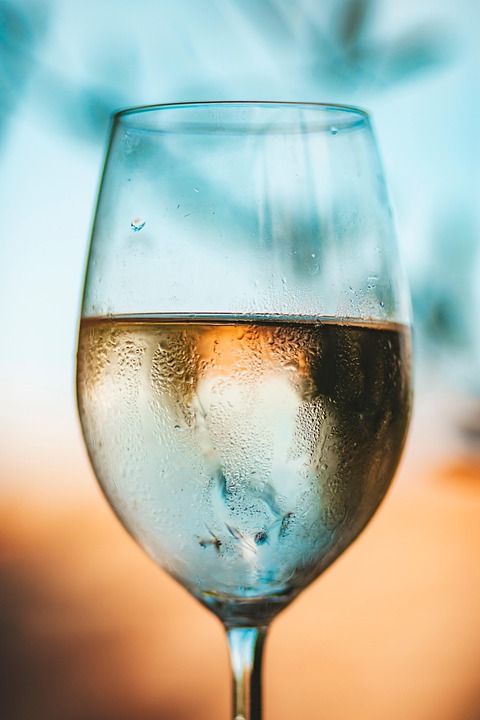Introduction
Bordeaux, a region in southwestern France, has long been regarded as the global benchmark for fine red wine. With a rich history dating back centuries, Bordeaux has established itself as a leader in the wine industry, producing some of the most sought-after and prestigious wines in the world. In this report, we will explore the reasons why Bordeaux remains the top choice for wine enthusiasts and collectors worldwide.
Historical Significance
Rich History
Bordeaux’s wine-making tradition can be traced back to the Roman era when vineyards were first planted in the region. Over the centuries, Bordeaux has perfected its winemaking techniques and has become synonymous with quality and elegance. The region’s classification system, established in 1855, further solidified Bordeaux’s reputation as a producer of exceptional wines.
Terroir and Grape Varieties
Diverse Terroir
One of the key factors that set Bordeaux apart from other wine regions is its diverse terroir. The region’s unique combination of soil types, climate, and topography creates ideal conditions for growing a variety of grape varieties. From the gravelly soils of the Left Bank to the clay and limestone of the Right Bank, Bordeaux offers a wide range of terroirs that contribute to the complexity and character of its wines.
Grape Varieties
Bordeaux is primarily known for its red wine production, with Cabernet Sauvignon, Merlot, and Cabernet Franc being the dominant grape varieties. Each grape brings its own distinct flavor profile to Bordeaux wines, with Cabernet Sauvignon adding structure and complexity, Merlot contributing softness and fruitiness, and Cabernet Franc imparting elegance and floral notes.
Bordeaux Wine Classification
1855 Classification
In 1855, Bordeaux’s top chateaux were classified into five tiers based on their reputation and quality. This classification, known as the 1855 Classification, remains the benchmark for Bordeaux wines to this day. The top tier, known as the First Growth or Premier Cru, includes iconic chateaux such as Chateau Lafite Rothschild and Chateau Margaux.
Classification Updates
While the 1855 Classification is the most famous, Bordeaux has seen other classification systems introduced over the years to recognize the evolving quality of its wines. In 2012, the region introduced the Crus Bourgeois classification to highlight outstanding wines from smaller producers. These classifications help consumers navigate the vast Bordeaux wine market and identify wines of exceptional quality.
Global Demand and Prestige
Global Demand
Bordeaux’s reputation for producing world-class wines has led to high demand from consumers and collectors around the globe. Bordeaux wines are often seen as a status symbol, with top chateaux commanding premium prices at auction houses and fine wine retailers. The region’s long history and tradition of excellence have solidified its position as a leader in the fine wine market.
Prestige and Influence
Bordeaux’s influence on the global wine market cannot be overstated. The region’s top chateaux set the standard for quality and style, with other wine regions often looking to Bordeaux for inspiration. Bordeaux’s wines are regularly featured in top wine publications and are served at prestigious events and gatherings, further enhancing the region’s prestige and reputation.
Economic Impact
Financial Data
Bordeaux’s wine industry plays a significant role in the region’s economy, generating billions of euros in revenue each year. According to the Bordeaux Wine Council, the region exported over €3 billion worth of wine in 2020, with key markets including China, the United States, and the United Kingdom. The Bordeaux wine trade employs thousands of people in the region, from vineyard workers to winemakers, contributing to the local economy and supporting small businesses.
Industry Insights
The Bordeaux wine industry is constantly evolving, with producers embracing sustainable practices and innovative winemaking techniques to meet the demands of today’s consumers. Many chateaux have invested in modernizing their facilities and vineyards to ensure the long-term viability of their operations. Bordeaux’s commitment to quality and excellence continues to drive the region’s success in the global wine market.
In conclusion, Bordeaux remains the global benchmark for fine red wine due to its rich history, diverse terroir, prestigious classification system, global demand, and economic impact. The region’s wines are a testament to centuries of winemaking tradition and expertise, making Bordeaux a must-visit destination for wine enthusiasts and collectors alike.


